Sustainable Farming
Sustainable farming is the production of plant and animal products through farming methods, that takes into consideration environmental health, animal welfare and protection of communities. Most variations of sustainable farming typically include forms of indigenous knowledge or traditional farming techniques— crop rotation, traditional pest management through plant varieties, and planting native crops. Sustainable farming is also know for limited to no use of chemical inputs such as pesticides, herbicides, and fertilizers. Trainings and education in sustainable agriculture are introducing new opportunities for women earn an income while increasing food security.
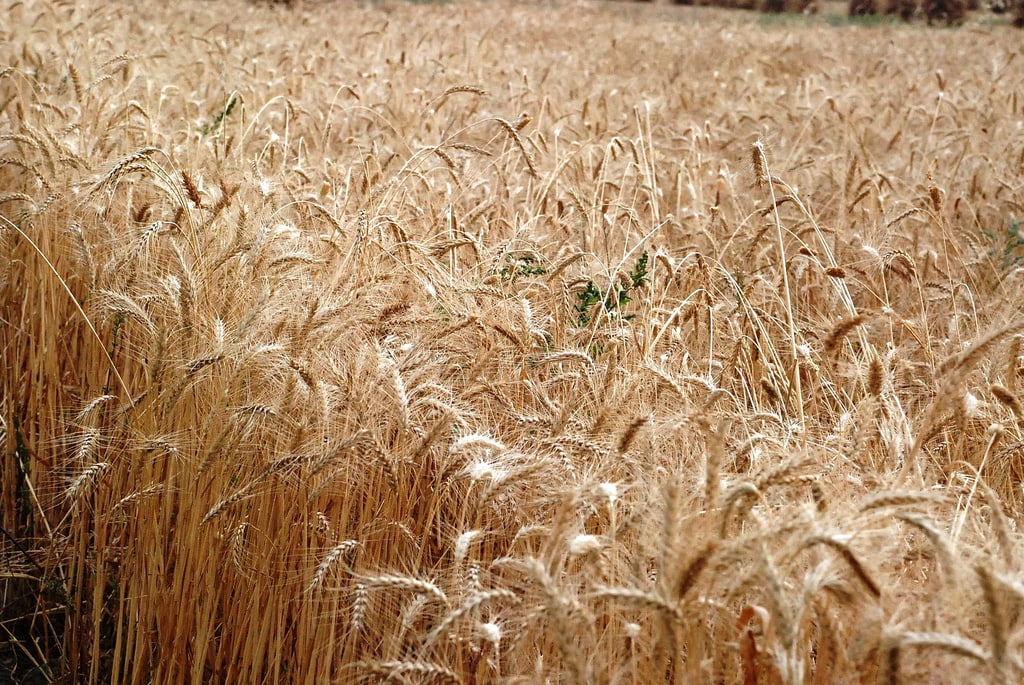
Sustainable Farming and WEA Women
Through our partnership with Gorakhpur Environmental Action Group (GEAG) women participants in GORAKHPUR, INDIA completed a year long training on ecological farming and climate change resiliency. Participants were supplied with the necessary tools and knowledge to practice sustainable farming. Sustainable farming techniques utilized by women participants in this project included, natural inputs, mixed farming and building sustainable rainwater harvesting systems. Additionally, our partnership with GREEN Foundation on “Shakti: Empowering Women Farmers to Lead” training. For this training, 40 selected women farmers and agriculture practitioners from drought-prone Karnataka, were mentored and trained to develop their leadership skills so that they, in turn, could lead their own rural communities toward sustainability.
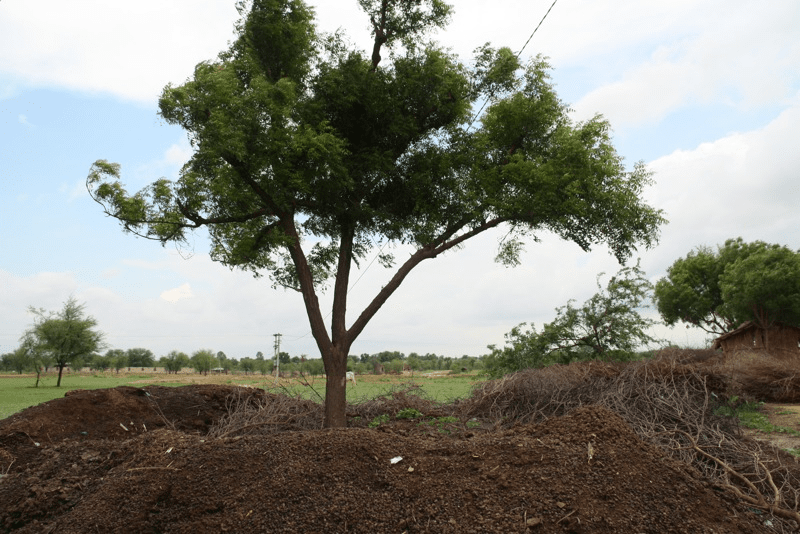
Goat manure utilized: an excellent organic manure for farming.
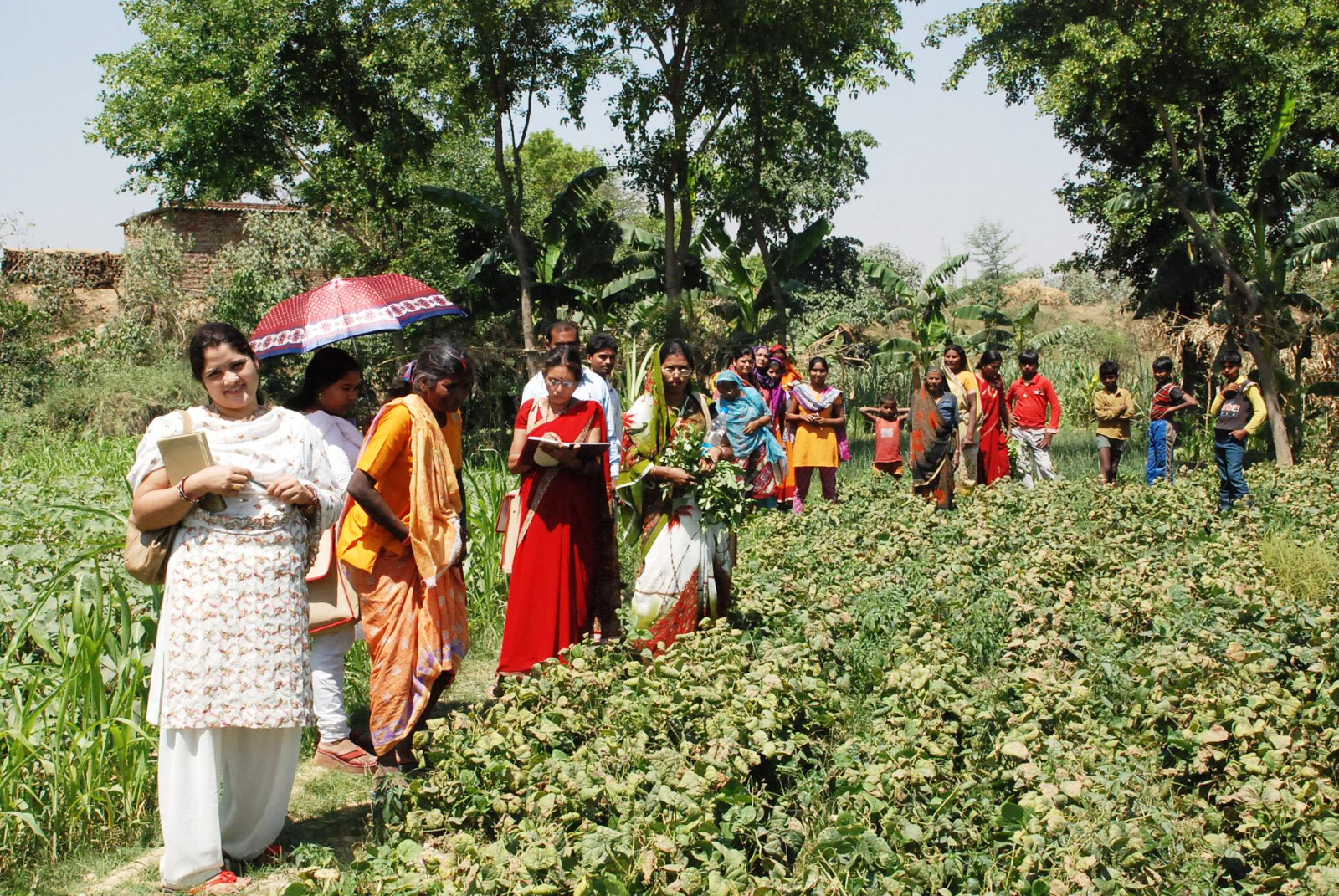
Farmers visit to observe a mixed farming technique.

MEET KAMLA DEVI:
Kamla Devi, a participant in the training, has succeeded at applying sustainable farming techniques to her land which has improved land health, and increased her crop yield through a naturally occurring fertilizer- goat manure! Goat manure is just one example of the sustainable farming techniques Kamla is using on her land. She has encouraged others to adopt sustainable farming methods, especially as she’s experienced the benefits of these practices. As Arshinder Kaur, WEA India Coordinator, and a founding mother, found when she visited, “Kamla leads by example for other women and men farmers who wish to make strides in self-sufficiency and sustainable agriculture practices. Today, she is a respected elder in her community and beyond and has traveled to Italy, Nepal and Bangladesh advocating for ecologically sound agricultural practices.
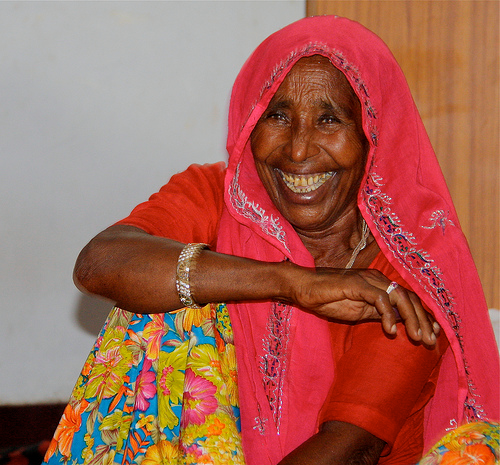

2011 India Women, Food & Climate Change Training from WEA on YouTube.

The Facts
Agriculture and deforestation account for about a quarter of global greenhouse gas emissions from human activities. *
As more areas are cultivated to provide food for a rapidly growing world population, there is increasing pressure on land and other natural resources and conflict over tenure rights which exacerbates gender inequalities to land, seeds and inputs for many rural women. *
Rural women are far more likely than urban women to be illiterate, unemployed, suffer domestic violence and live without adequate social protection coverage increasing income inequality within agriculture. Research indicates that when more income is put into the hands of women, child nutrition, health and education improves. *
"The time has come to reclaim the stolen harvest and celebrate the growing and giving of good food as the highest gift and the most revolutionary act."
— DR. VANDANA SHIVA

Additional Resources:
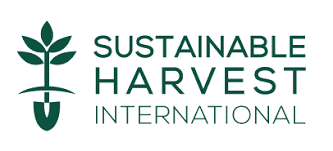
Sustainable Harvest International: Sustainable Harvest International seeks to preserve the environment by partnering with families to improve well-being through sustainable farming.

Navdanya: Navdanya’s Mission is to empower the communities belonging to any religion, cast, sex, groups, landless people, small and marginal farmers, deprived women and children or any other needy person to ensure that they have enough to eat, they live in healthy environment and are able to take action independently and effectively to become self-reliant through sustainable use of natural resources and fairness and justice in all relationships.
